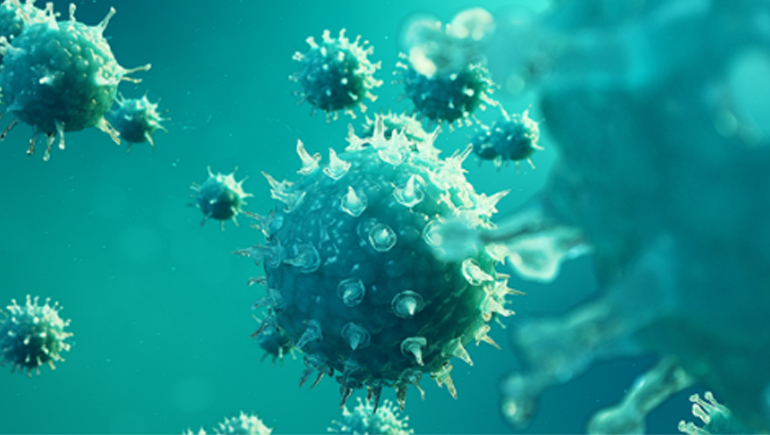Piecing together the cell therapy puzzle
Cell therapy has the potential to revolutionize the way scientists approach blood cancer treatment and is a core pillar of Bristol Myers Squibb’s cancer research efforts. Bristol Myers Squibb is the only company with two approved chimeric antigen receptor (CAR T) cell therapies in hematologic malignancies with two distinct targets addressing separate blood cancers. The company draws upon its transformative work and unparalleled experience in hematology and immuno-oncology as it advances a robust pipeline of cell therapies.
Recognizing that the industry is just beginning to understand how to potentially optimize the clinical benefits of cell therapy and with a great deal still to learn, Bristol Myers Squibb is taking a deliberately broad approach with its research and development. This allows us to identify and move quickly on the approaches that science shows may provide the greatest benefit.
“Our cell therapy program represents just one of many areas of cancer research at Bristol Myers Squibb – and in cell therapy alone, we’re relentlessly pursuing multiple early approaches in collaboration with several leading research partners,” said Kristen Hege, senior vice president, Early Clinical Development, Oncology/Hematology and Cell Therapy. “We think there is significant future opportunity, which is why we’re leaving no stone unturned.”
Advancing the science of cell therapy



